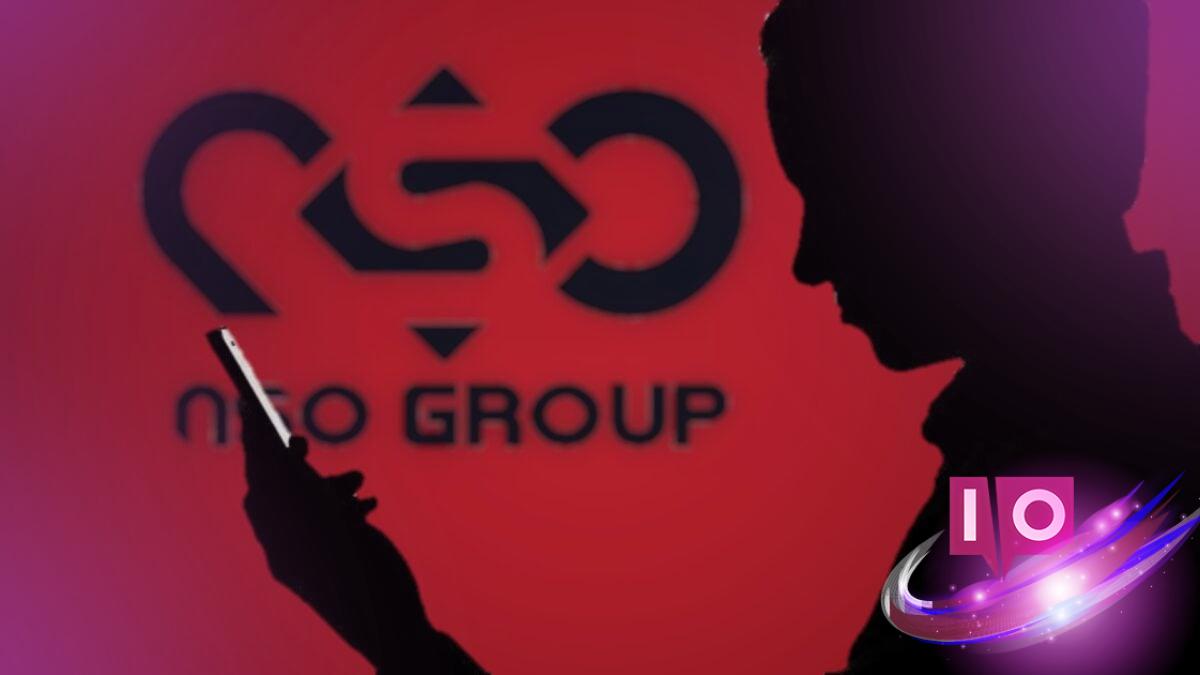The NSO Group, a controversial Israeli spyware company, has recently made headlines with a significant leadership change. David Friedman, a former U.S. ambassador to Israel and a notable figure during the Trump administration, will take on the role of executive chairman. This decision comes as NSO seeks to revitalize its reputation following several high-profile surveillance scandals that have plagued the company.
As the creator of the infamous Pegasus software, which can exploit users’ phones to operate as surveillance devices, NSO has faced accusations spanning over a decade. In 2018, Amnesty International revealed that its staff had been targeted via NSO software. Reports continued, linking NSO’s products to breaches affecting Palestinian civil society groups and even high-profile individuals like Jamal Khashoggi’s family.
Why Has NSO Faced So Much Scrutiny?
NSO Group’s controversies are deeply rooted in its activities. The shadow of the Pegasus software looms large, with reports indicating that this tool has been employed against human rights defenders and journalists globally. For example, a 2021 report documented how this spyware targeted the devices of Palestinian activists and, later, Serbian journalists. The constant spotlight on NSO has raised serious ethical concerns about its operations.
The Legal Woes for NSO Group
In 2021, the Biden administration took decisive action against NSO, leading to its blacklisting by the Department of Commerce. This punitive measure stemmed from evidence indicating the company knowingly supplied software used to monitor dissidents. Moreover, in 2024, a U.S. court deemed NSO liable for hacking into the devices of over 1,400 individuals, including journalists and attorneys. As of late 2025, a federal judge ruled in favor of blocking NSO’s products from integration with WhatsApp, though Friedman has indicated plans to appeal.
What’s Next for NSO Group?
Following a recent acquisition by an American investor group, led by Hollywood producer Robert Simonds, NSO is eager to reshape its image and expand its business. The new leadership has signaled intentions to reestablish ties with the U.S. government and aims for partnerships that could enhance national security. Friedman has expressed optimism, stating, “If the administration is receptive to opportunities that keep Americans safer, it will consider us.”
Are There Barriers to Reestablishing Ties?
Despite their ambitions, NSO faces challenges. A 2023 executive order from President Biden prohibits government agencies from utilizing commercial spyware that promotes human rights violations. However, historical patterns reveal that such barriers can be navigated. During Trump’s presidency, agencies like ICE partnered with Israeli spyware firms, highlighting a complex and often controversial relationship.
What Should We Expect Moving Forward?
As NSO Group aims to shift its trajectory, one central question emerges: Can it truly mend its reputation? With ongoing controversies and previous legal challenges, it’s clear that rebuilding trust will take considerable effort. However, the potential for lucrative government contracts may drive the company’s future strategy.
Would the NSO Group really be able to overcome its alleged involvement in human rights abuses to attract U.S. law enforcement agencies? While Friedman seems hopeful—pointing to potential collaborations—many remain skeptical given the company’s past and the existing legal constraints.
If you’re curious about the evolving dynamics of spyware companies and the implications on privacy rights, consider exploring more on this topic at Moyens I/O.
